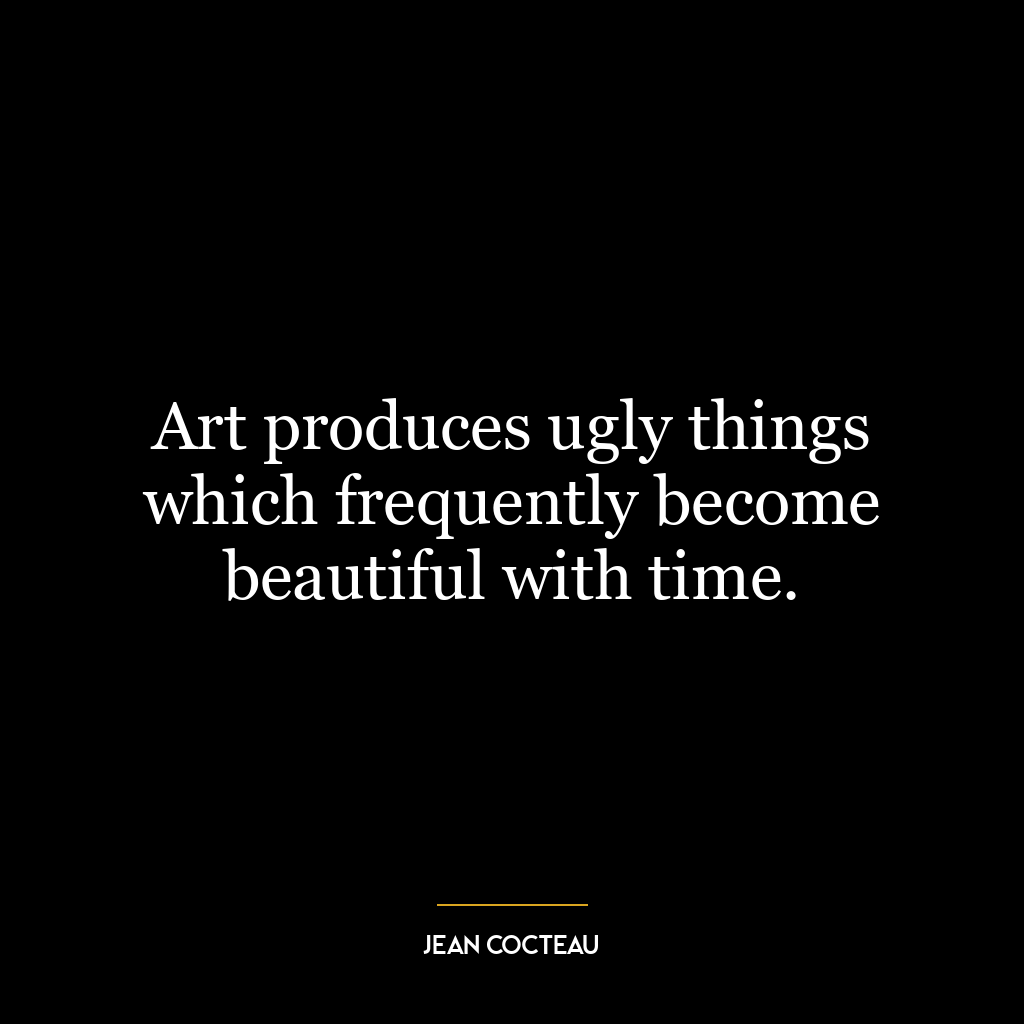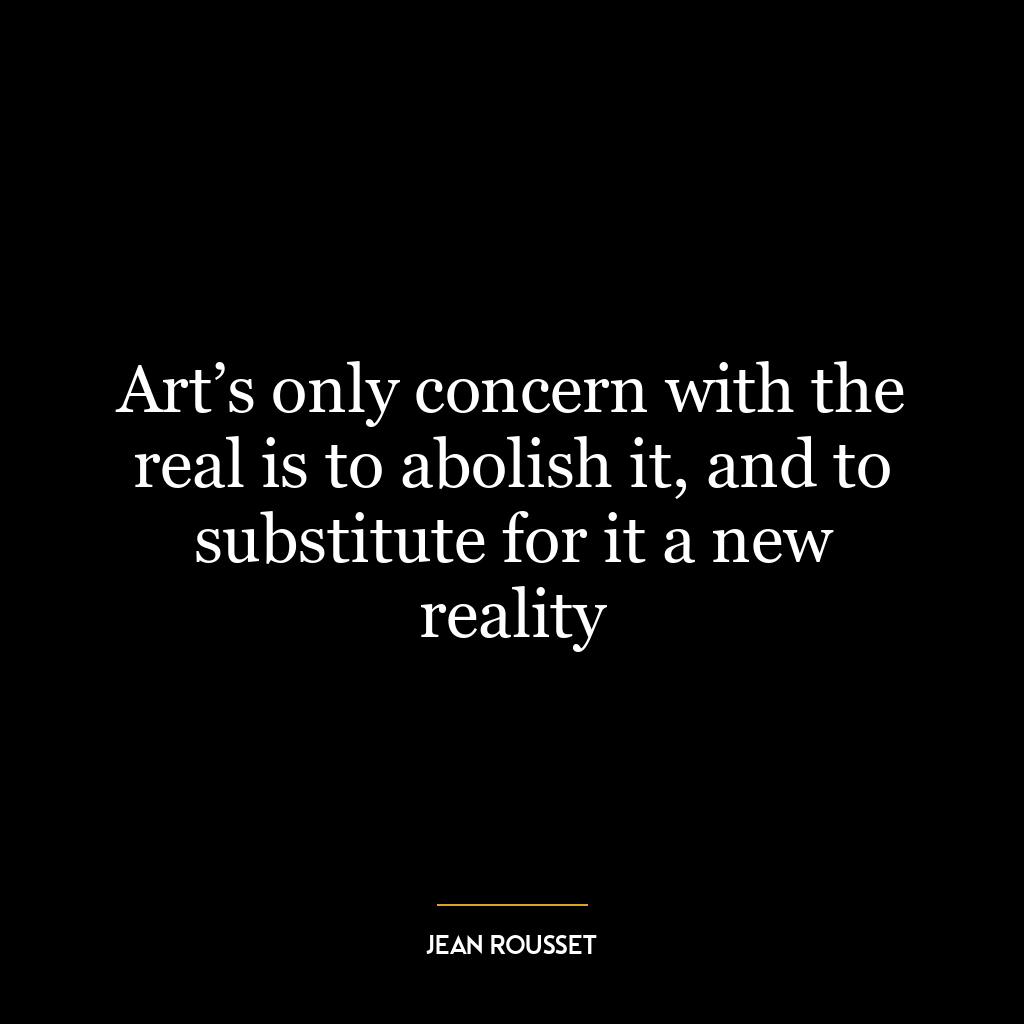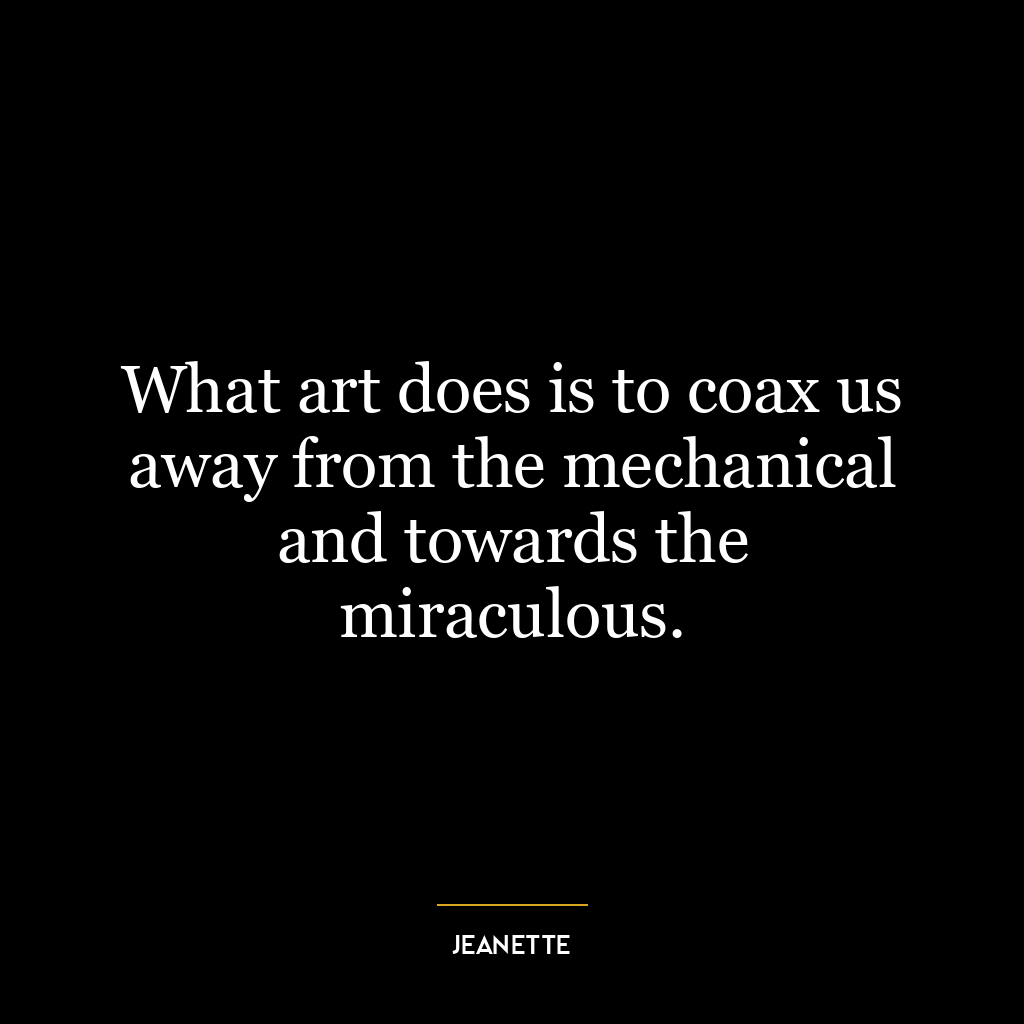The quote “Rumi says love turns thorns into flowers. This means that hate turns flowers into thorns!” by Mehmet Murat Ildan, is a profound reflection on the transformative power of emotions. It suggests that love and hate are not just feelings but forces capable of altering our perception and experience of life.
When Rumi asserts “love turns thorns into flowers,” he emphasizes the ability of love to change something painful (thorn) into something beautiful (flower). Love has the power to view hardships as opportunities for growth, turning negative experiences into positive ones.
Conversely, when Ildan states “hate turns flowers into thorns,” he implies how hatred can corrupt and distort beauty and positivity, transforming them into sources of pain. Hate blinds us from seeing goodness, making even the most beautiful things seem threatening or hurtful.
This concept can be applied in today’s world in many ways. In a broader societal context, it serves as a reminder that promoting love over hate can lead to harmony and progress while allowing hatred to prevail only breeds conflict and regression.
On a personal development level, this idea encourages individuals to cultivate an attitude of love towards self-growth challenges rather than harboring resentment or fear which could transform these opportunities for growth (flowers) into obstacles (thorns). It also suggests that our emotional state significantly influences our perception – we see what we feel inside.
For instance, if you approach a difficult task with an attitude of resentment or dread (hate), it will undoubtedly seem like an insurmountable hurdle (a thorn). But if you tackle it with optimism and determination (love), you may find it becomes an opportunity for learning and improvement (a flower).
So whether on a global scale or personal level, this quote underscores the importance of fostering positive emotions like love over negative ones like hate because they have powerful implications on how we perceive ourselves, others around us, and the world at large.











